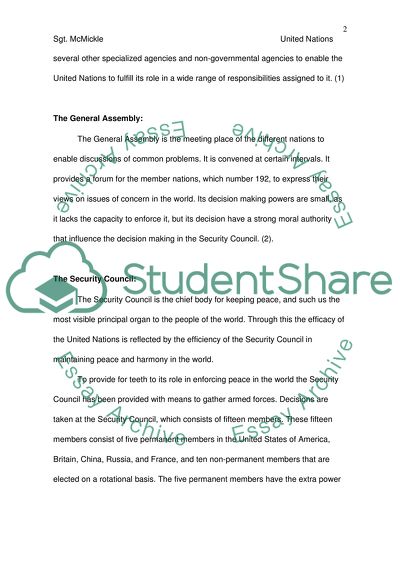Cite this document
(The United Nations Essay Example | Topics and Well Written Essays - 1250 words, n.d.)
The United Nations Essay Example | Topics and Well Written Essays - 1250 words. https://studentshare.org/politics/1707756-the-united-nations
The United Nations Essay Example | Topics and Well Written Essays - 1250 words. https://studentshare.org/politics/1707756-the-united-nations
(The United Nations Essay Example | Topics and Well Written Essays - 1250 Words)
The United Nations Essay Example | Topics and Well Written Essays - 1250 Words. https://studentshare.org/politics/1707756-the-united-nations.
The United Nations Essay Example | Topics and Well Written Essays - 1250 Words. https://studentshare.org/politics/1707756-the-united-nations.
“The United Nations Essay Example | Topics and Well Written Essays - 1250 Words”. https://studentshare.org/politics/1707756-the-united-nations.


